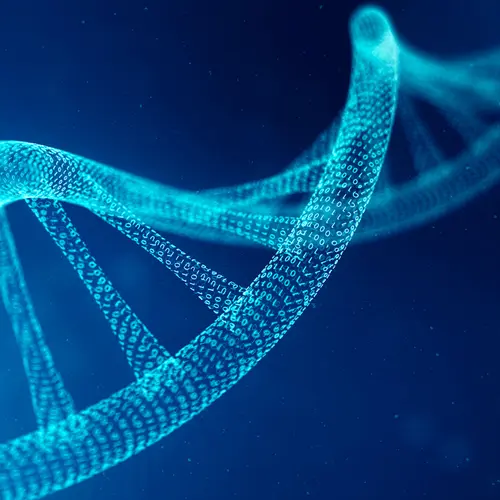When you have multiple myeloma, sometimes eating is the last thing you want to do. The symptoms of this blood cancer and the side effects of treatment can make it hard to have an appetite or eat as much as you used to. But getting the right nutrients and enough of them is an important part of getting well.
A few diet tips and tricks can make it easier to eat well and nourish your body. Also, ask your doctor about working with a dietitian, who can help you choose the right foods.
When to Eat
You may find that it’s easier to eat a few small meals throughout the day instead of eating two or three large ones. It can keep up your energy and help you feel less nauseated. There may also be a certain time of day when you can handle food easier, like in the morning or at lunch. Try to keep snacks handy for when you get hungry. Think about meal replacement shakes as a way to get enough calories, too.
Foods You Should Eat
The right kinds of foods in your diet can give you the best balance of nutrients and help with your symptoms or the side effects of treatment. Ask your dietitian about adding these foods to your daily diet:
Greens. Fruits and vegetables are full of antioxidants that help your body rebuild itself. They also fight constipation, which can be a side effect of pain medicine and some cancer treatments. Your doctor may want you to stick with cooked vegetables and fruit. Raw produce sometimes can increase your chance of having an infection, which is dangerous when multiple myeloma or its treatments have made your immune system weaker.
Fiber. If you have constipation from chemotherapy, you may want to boost the fiber in your diet. It helps your body break down food and clear out your bowels. Water and prune juice will also help keep things moving. Good sources of fiber include:
- Fruits like apples and pears
- Dried fruits like figs and prunes
- Whole grains
- Oatmeal and other cereals
- Nuts and beans
- Vegetables like broccoli, carrots, celery, and artichokes
Bland foods. On the other hand, if you’re dealing with diarrhea, your doctor may have you eat a low-fiber diet known as the BRAT diet:
- Bananas
- Rice
- Applesauce
- Toast
You’ll also want to drink broth and plenty of water to stay hydrated.
If you have mouth sores, try foods that are easy to swallow, such as pudding or mashed potatoes. Avoid spicy foods that might irritate your tongue and mouth.
Iron. The cancer cells that build up in your bone marrow may crowd out your healthy blood cells. That can cause a shortage of red blood cells, called anemia. If this happens, you may need to eat more iron-rich foods, like:
- Lean meats
- Beans
- Dark, leafy greens
Vitamins and minerals. Your doctor or dietitian may suggest that you take a daily supplement to make sure you get enough nutrients to stay healthy. These may include:
- Iron
- Vitamin D
- Fish oil
- Folate
Don’t start taking any supplements without asking your doctor first. Some of them can affect how well your treatment works.
What to Avoid
Since multiple myeloma makes your immune system weaker, you’ll need to steer clear of any foods that could make you sick, including:
- Raw meat or fish
- Runny eggs
- Unpasteurized drinks
- Sushi
- Unwashed fruits and vegetables
Along with your medications and other treatments, lifestyle changes can have a big impact on your fight against cancer. Healthy eating habits can be hard at first, but the benefits can help keep your body stronger for years to come.

